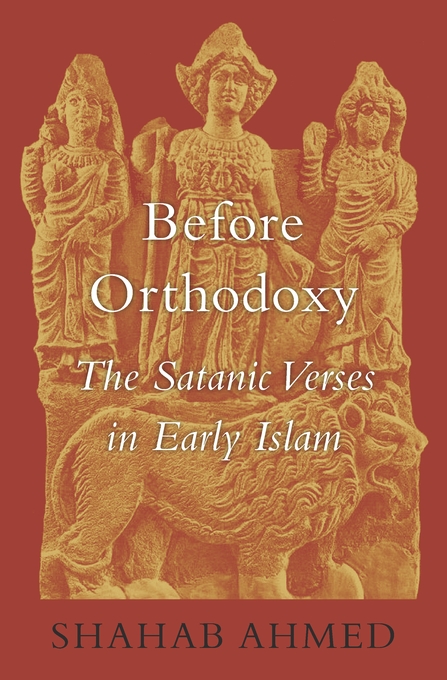Review of Qur’anic Research, Vol. 4 no. 5 (2018)
In the latest installment of the Review of Qur’anic Research (Vol. 4, no.5), Zohar Hadromi-Allouche (University of Aberdeen) reviews Shahab Ahmed’s Before Orthodoxy: The Satanic Verses in Early Islam (Cambridge, MA: Harvard University Press, 2017).

In her review, Hadromi-Allouche writes… “Through discussions of fifty early reports about the satanic verses, the current volume strives to emphasize the broad acceptance in early Islam of this story. It presents the foundational historical data concerning the story and discusses how Muslims treated this story during these first two hundred years of Islam. The later conceptual change towards this story is not discussed, as Ahmed meant to treat it in later volumes. Since this story represents the ways in which the early Muslim community perceived Muḥammad’s prophethood and divine revelation, the author regards it as a good example of how orthodoxy is created and a truth claim becomes exclusive…”
Want to read more? For full access to the Review of Qur’anic Research (RQR), members can log in HERE. Not an IQSA member? Join today to enjoy RQR and additional member benefits!

